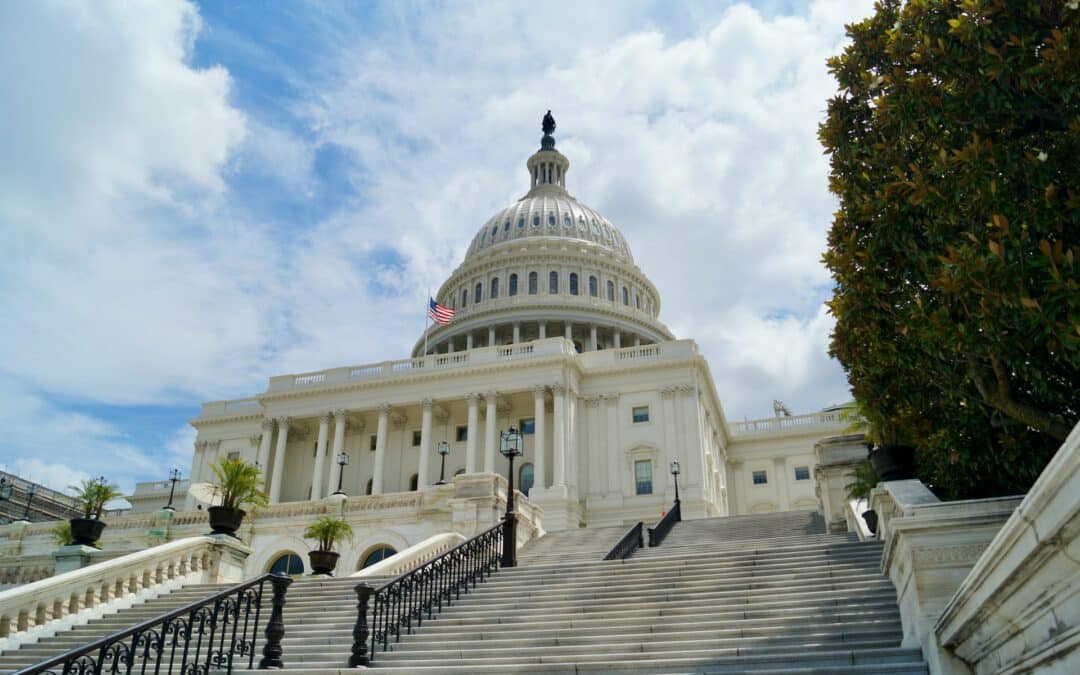As government agencies continue to deal with complex challenges and responsibilities, effective decision making is at the core of their successful governance. They recognise that the need for a smart and strategic approach is important. This is where Business Intelligence (BI) comes in as a tool. BI empowers government agencies take proactive steps to solve problems, make informed decisions, and provide better public services.
This blog will discuss how business intelligence can help government agencies make better decisions. We will explore how BI insights can transform governance and the benefits of BI in decision making.
Business Intelligence & Its Role in Government Agencies
Business Intelligence (BI) simplifies the complex process of gathering, analysing, and interpreting data to provide practical insights. In government agencies, BI collects data from sources like citizen feedback, economic indicators, and social trends. This set of data, when harnessed through BI tools, provide government agencies with a holistic view of the challenges and opportunities, which empowers them to make informed decisions.
Business Intelligence (BI) also allows agencies to monitor and evaluate key performance indicators (KPIs) to assess the effectiveness of their programs, services, and initiatives. This helps agencies to stay on track with their goals and make necessary adjustments. Additionally, BI delivers up-to-date data that helps agencies in forming policies backed by evidence. With these, government agencies can analyse data to understand the impact of policies before implementing them.
This data-driven approach not only enhances the efficiency of government processes but also fosters a more transparent and responsive governance model, which benefits the citizens.
Benefits of Business Intelligence in Decision Making
It’s clear that government agencies benefit from business intelligence tools. So how does business intelligence help in decision making? Here are some of the most important ways business intelligence helps government agencies in decision making:
- Using Data for Insights: Government agencies can use business intelligence tools to access current data, which helps them quickly understand changing situations. For example, during a public health crisis, BI can provide information about infection rates, hospital capacity, and resource allocation, aiding authorities in making fast and accurate decisions.
- Predictive Analysis: BI gives agencies the ability to predict upcoming trends and potential challenges. By studying past data and finding patterns, agencies can anticipate problems and distribute resources ahead of time. This is especially useful in managing disasters and distributing resources effectively.
- Optimization of Resources: With BI’s assistance, government agencies can allocate their resources wisely. From budgets to workforce, BI ensures that resources are used efficiently, resulting in saved costs and better service.
- Transparency: Business intelligence boosts transparency by giving citizens access to relevant data. This transparency builds trust between government agencies and the public, making decision making processes more credible.
- Using Evidence for Policies: BI lets government agencies create policies based on solid evidence rather than guesses. By analysing data about social issues, economic trends, and citizen needs, agencies can develop policies that target the actual sources of problems.
- Real Time Monitoring: In urgent situations like natural disasters or security threats, BI helps with immediate monitoring. Government agencies can follow developments, evaluate risks, and coordinate responses efficiently, reducing potential harm.

Implementation Strategies of Business Intelligence in Government Agencies
Business intelligence across government agencies can utilise key strategies for effective implementation.
The following are several key strategies that government sectors can leverage to successfully implement Business Intelligence (BI):
- Collecting Data and Integration: Effective BI starts with securely collecting and integrating data. Government agencies need to bring together information from different places, making sure it’s accurate and reliable.
- Selecting the Right BI Tools: Choosing the suitable BI tools is important. Agencies should go for tools that match their exact needs, whether it’s creating visuals from data, making predictions, or generating reports.
- Training and Skill Building: To make the most of BI, government employees need to learn about data analysis and interpretation of data. This empowers staff to extract valuable insights from intricate datasets.
- Teamwork Across Departments: When implementing BI, government agencies should encourage collaboration among different government departments. Sharing insights and data-driven findings across sections ensures a holistic approach to decision making.
In Summary
This article explores how business intelligence transforms government decision making processes. Business Intelligence (BI) plays a major role in helping government agencies face complex challenges and fulfil their responsibilities by making well-informed decisions. By using smart and strategic methods, government agencies utilise BI as a powerful tool. BI helps solve problems, and provide better public services.
BI simplifies the processes of data collection, analysis, and interpretation, offering practical insights. This data effectively utilised through BI tools, gives agencies a thorough grasp of challenges and opportunities, which helps for better decision making.

